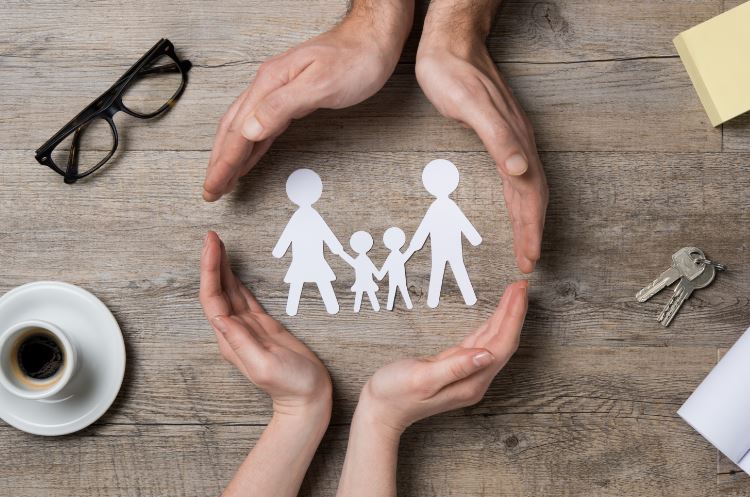When it comes to addiction recovery, the saying “it takes a village” also proves true. The role of family in this situation can’t be stressed enough.
For someone struggling with substance addiction, the combined support of family, friends, and peers can make successful recovery a reality.

Without addiction, family dynamics in itself can be complex and wrought with challenges. Add substance abuse and you’re in for so much more complexities. However, it is also up to the family’s support which can determine the likelihood of success of a person’s recovery journey.
The Role of Family In Your Addiction Recovery
As a family member of someone struggling with substance use disorder, or addiction, you know full well that addiction is not just the individual’s problem. It affects the family also. So when the addict turn from addiction towards recovery, the support of the family plays a crucial role that proves to be a win-win for everyone.
1. Understanding. Understanding the role of family is necessary, because they can actually help establish a life-long sobriety and recovery for their family member, or bring them back to the brink of relapse and even addiction.
However, if they are actually supporting the addictive behavior of a loved one, especially those who are in early recovery, the dysfunction may begin its deadly cycle once more. This is called co-dependency. And, if left unchecked, the person may relapse.
Here are certain triggers that may increase the risk of relapse:
- stress
- health problems
- work pressure
- peer pressure
- social problems
- financial problems
- exposure to their old lifestyle and environment
Bridges of Hope can help address co-dependency throughout the process of rehabilitation and recovery. It helps not just the individuals escape addiction, but also their families to fully understand it and take measures to avoid co-dependency and enabling behavior.
2. Staying involved. Just because their loved one is in rehab doesn’t mean they could stop being involved. In fact, their involvement is necessary in every step of the rehabilitation and recovery process. The role of family is to stay involved and be informed about their loved one’s addiction and what triggers need to be avoided.
When their loved one leaves rehab, they should also stay involved in ensuring that they help create and implement a lifestyle of sobriety. This includes keeping a drug and alcohol free environment as well as reducing any temptation or trigger for using.
3. Lay a foundation. As the primary unit of society and the primary support system of the recovering addict, the role of family in addiction recovery is to lay a foundation of sobriety, positivity, and health for everyone. Everyone in the family must work together and do their part, changing their own negative behavior even, to help uplift each other towards a better quality of life.
4. Find support. When necessary, family members can talk to counselors at Bridges of Hope to find insights and information that can better help them deal with this difficult and often confusing situation. Living with a recovering addict can be exhausting and frustrating, so be sure that you get support for yourself and that you take care of yourself too.
The role of family in addiction recovery can’t be stressed enough. However, it can be overwhelming. If you feel you’ve had enough, we’re here to help. Call or text us at 09175098826 (Manila) or 09177046659 (Cebu)


Recent Comments